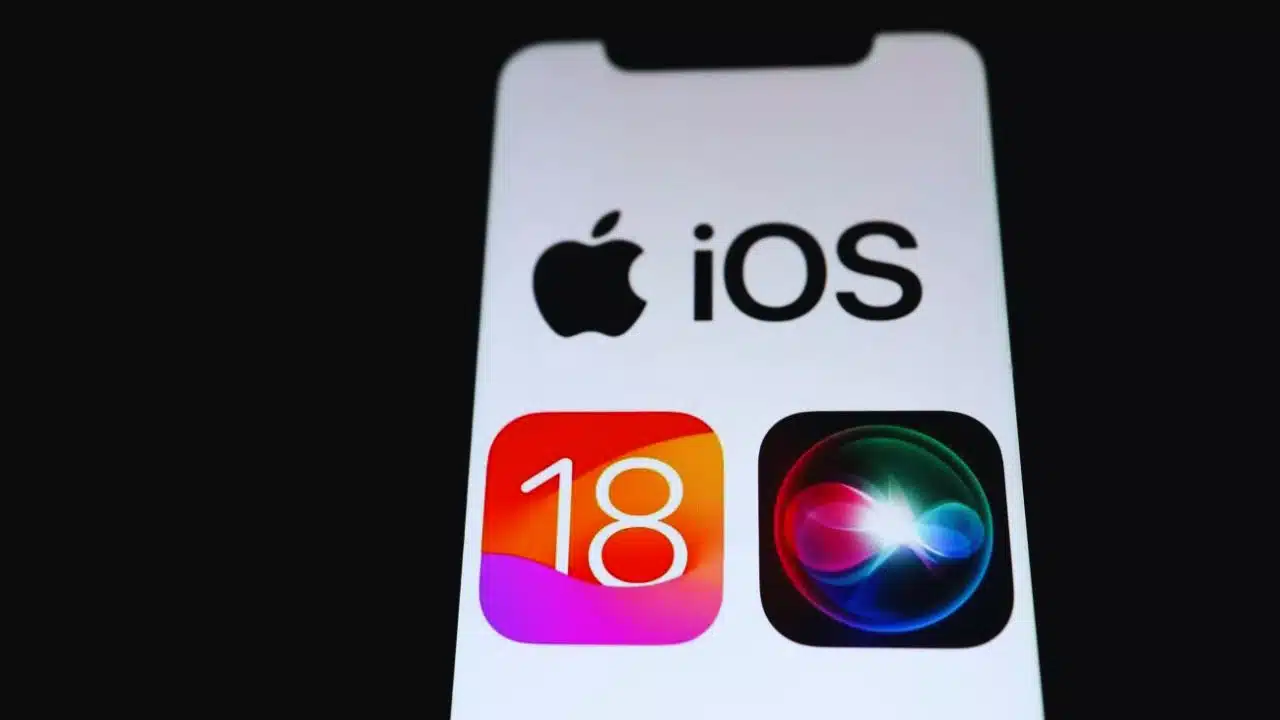Earlier this month, Apple previewed iOS 18, the next generation of the company’s iPhone operating system. The star of iOS 18 is Apple Intelligence, the company’s layer of artificial intelligence that’s integrated into the larger operating system’s software.
Apple Intelligence is unique in the field because it was designed from the ground up to maintain user privacy. But it isn’t the only new security and privacy feature coming to the iPhone this fall. Here are four other things your iPhone will now be able to do:
Keep Your Contacts Private
One of the most anticipated security features is the ability to limit which contacts an app can see when you give it access to your address book on your iPhone.
Some apps work better when they know who you know. They acquire this information by asking permission to read all the contacts you keep in the Contacts app of your iPhone. While social media and messaging apps use your contacts to help you connect with friends and family, and travel apps might ask for access to keep your friends informed of itinerary changes, this can be a privacy risk.
Your contacts can reveal more about you than you might be comfortable sharing. They can disclose medical conditions (if you have your doctor saved), religious affiliations (if you have your place of worship saved), and personal details like where you live, work, and go to school.
Before iOS 18, you had to either allow an app access to all your contacts or none. Now, you can choose specific contacts to share with an app, such as friends but not health professionals or financial advisors.
Lock Any App Behind Face ID
Another significant security feature in iOS 18 is the ability to lock any app behind Face ID, the iPhone’s biometric authentication system. Face ID keeps your device locked unless it recognizes your face. While third-party developers have been able to offer this feature, iOS 18 allows users to lock any app behind Face ID themselves.
This feature is useful if you let someone else use your phone. For example, if someone borrows your phone to make a call, they won’t be able to access locked apps like your photos, emails, or messages, even though the phone itself is unlocked. This feature is also available on iPhones with Touch ID running iOS 18.
Hide Apps on Your iPhone
If you frequently let others use your phone, you might not want them to see which apps you use, even if they are locked. iOS 18 introduces the ability to completely hide apps installed on your iPhone.
Hidden apps won’t show their icons or names on your home screen, nor will their notifications be visible. These apps are stored in a hidden folder in the App Library, which can only be accessed by authenticating with Face ID.
A Dedicated Passwords App
iOS 18 also brings a dedicated Passwords app. Previously, passwords for websites and apps were stored in your iCloud Keychain and accessed through the “Passwords” section of the Settings app, which many users found cumbersome.
The new Passwords app not only stores your passwords and authentication codes but also makes it easy to manage them, share them with others, and view security alerts about compromised passwords.
This app will be available on all major Apple operating systems, including macOS Sequoia and iPadOS 18, and even on Windows, allowing you to sync passwords across devices.
Currently, iOS 18 is available in beta and will be released to the general public in September. With these new security features, Apple continues to prioritize user privacy, making the iPhone a safer and more secure device for its users.
The information is taken from Forbes and Times of India







































